Dr Arnold ‘Puggy’ Hunter (1951 – 2001) recipient of 2001 Human Rights Medal
Current topicThe late Dr Arnold ‘Puggy’ Hunter has been named by the Human Rights and Equal Opportunity Commission as the recipient of the Human Rights Medal 2001.
Dr Hunter fought uncompromisingly for human rights for the Aboriginal community. Upon his untimely and recent death, tributes to Dr Hunter poured in from around Australia -click here to view the obituary by Professor Neil Thomson from the HealthInfoNet and obituaries from Indigenous groups, federal politicians, medical boards and associations.
Dr Hunter helped establish the East Kimberley Aboriginal Medical Service in 1982, and served as Chairman of the Kimberley Aboriginal Medical Services Council for many years.
In 1991, Puggy was elected as inaugural Chairperson of NACCHO (the National Aboriginal Community Controlled Health Organisation), the peak national advisory body on Aboriginal health.
As Chairperson of NACCHO, Puggy worked tirelessly to strengthen and expand the crucial roles of Aboriginal community-controlled health services. He played a critical role in government responses to Indigenous health, including the negotiation of health framework agreements in every State and Territory.
Puggy also made a major contribution to ensuring that Medicare services and the Pharmaceutical Benefits Scheme benefits were more equitably provided to Indigenous people, particularly those living in remote parts of the country.
He was Deputy Chair of the National Aboriginal and Torres Strait Islander Health Council, the principal advisory body to the Minister for Health and Aged Care. Puggy was also a Chairman of the Aboriginal and Torres Strait Islander Working Group of the National Public Health Partnership, and a member of the National Rural Health Alliance and the Public Health Association of Australia.
Puggy was also a respected and successful ATSIC Regional Councillor in the Kullarri region from 1993 to 1996, and was involved in numerous voluntary community-based organisations
In recognition of his ‘exceptional contribution to the advancement of human well-being’, Puggy was awarded an honorary doctorate by James Cook University in April 2001.
The recent awarding of the Human Rights Medal acknowledges Dr Hunter’s ‘unwavering commitment over many years to improving Aboriginal health in the face of hostility, disruption to his family, financial hardship and his own health.’
His family accepted the award on his behalf with both pride and sadness. His daughter, Renee, said her father had one wish for himself and other Aboriginal men – to live to 50 years of age. He died about a week after his 50th birthday celebrations earlier this year. Ms Hunter says her father worked tirelessly for the betterment of Aboriginal health but shirked recognition. ‘He always said that “no don’t worry about putting me in these awards” because everyone always wanted to nominate him for awards’, she said. ‘But he said “no, no that’s alright”. So he was one of the people who was a real quiet achiever, who really worked very hard and got a lot of things put into place, and who helped a lot of Aboriginal people.’



